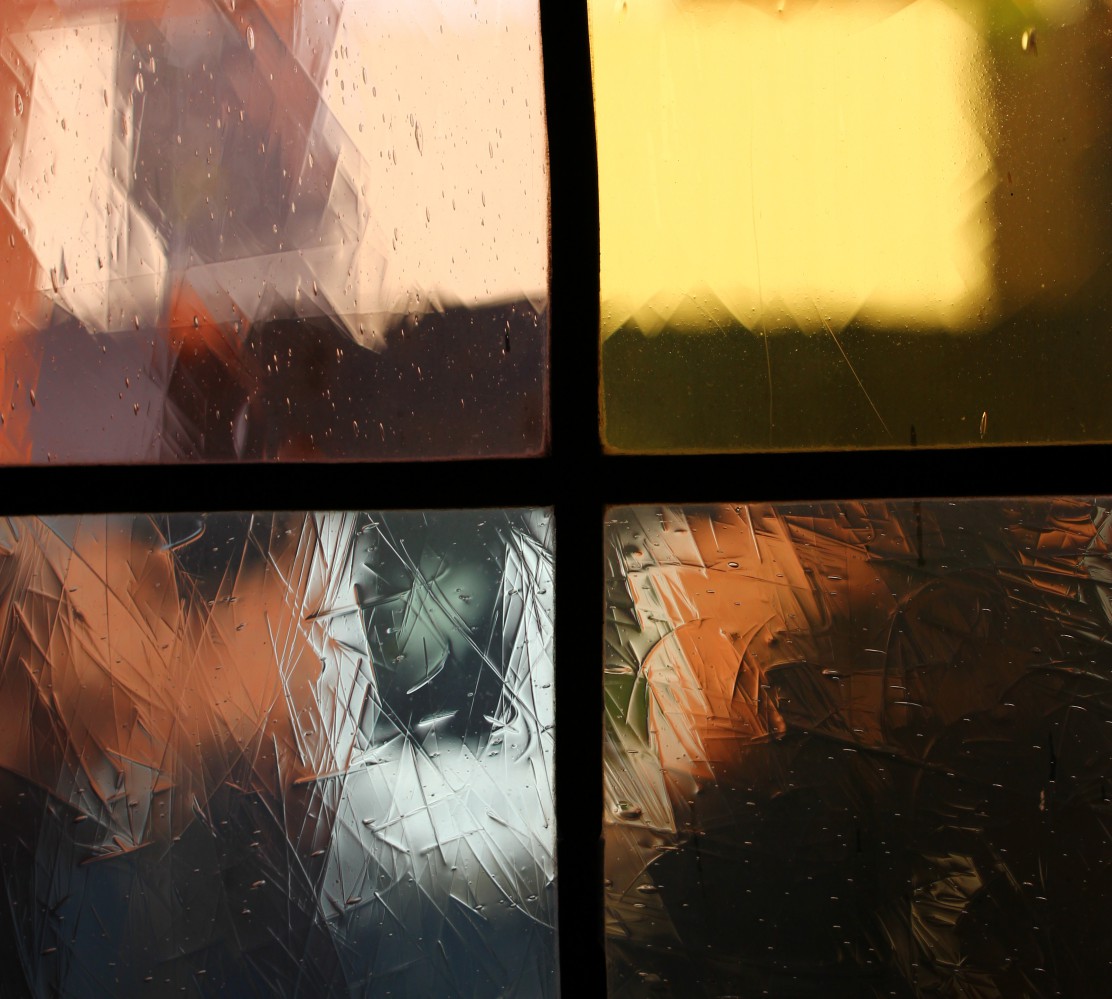
On “Song For Zula”, one of the first ever posts on this site, Matthew Houck created beautiful textures of etheral synthesizers and programmed drum-work into a song that combines electronics and folk music in a remarkably original way. It’s hard not to miss that the first line of “Song For Zula” echoes Bette Midler’s “The Rose”, but it’s remarkable how strikingly at odds the lyrics are with the sentiment of the music: “Some say love is a burning thing / That it makes a fiery ring / But I know love as a fading thing / As fickle as a feather in a stream.” Houck sings in such a convincing manner that the emotions translate even without knowing the lyrics.
Most of Muchacho doesn’t follow in the same fashion, but Houck builds his textures around instruments and arrangements in an unconventional way compared to the vast amount of indie folk albums of late. In the welcoming majestic album opener of “Sun, Arise!” the synthesizers make yet another reappearance, while the rest of the songs use more conformist instrumentation. Yet, no matter what Houck throws into his masterful compositions, the songs are crafted in the same intricate way, surprising even the most proficient folk veteran. It’s just different and I can’t help thinking of Bon Iver’s seminal sophomore album in the way Houck defines his own musical universe without following predestine patterns.
At the core of Muchacho is “Muchacho’s Tune”, where every instrument echoes and reverberates into what feels like infinity. His voice sounds fragile and heartbroken and the words “I’ve been fucked up / I’ve been a fool” resonates remorse and loneliness. But then he sings “Mama, reaching for your hand / I fix myself up / To come and be with you” that impose an attempt or longing for redemption. Much of the record centrals around this very theme; fueled with stories of alienation and self-contained pain, but with at least an ounce of hope persistently present.
Muchacho was created out of a sudden domestic crisis that led Houck to an impulsive trip to Mexico. The week he spent on the shores of Yucután became the DNA of the album. It is born out of mental exhaustion and personal backslash, something he manage to channel into the creation of the Muchacho. There is a central feeling of wholehearted honesty, both in the lyrics as well as in the emotional delivery of the melodies. His voice is his most reliable instrument, at times crackled and almost broken, but it makes it an important ingredient to what could be described as a highly personal work with a profound understanding of humanity.
“Song for Zula” will be featured on countless movie scores, TV series, best-of lists (including ours) and will become a timeless piece of music. There is always a problem when one song overshadows an entire album, but it’s worth to point out that Muchacho would be a striking record even without “Song For Zula”. With that said, Muchacho is an eclectic effort, raising the bar for any folk rock or country musician who dares to follow in Matthew Houck’s footsteps.
Related articles
- Phosphorescent – Muchacho (newsregister.com)
- Phosphorescent – ‘Song for Zula’ (sharethemusicanddance.wordpress.com)
- SXSW Artist: Phosphorescent / Song For Zula (sheblogsaboutmusic.wordpress.com)
- Review: Luminous new album from Phosphorescent (seattletimes.com)
- Phosphorescent. (kaleandvibe.wordpress.com)
- Phosphorescent: Muchacho (Review) (popmatters.com)
- Phosphorescent Sheds Light on the Beautifully Dark ‘Muchacho’ (spin.com)
- First Listen: Phosphorescent, ‘Muchacho’ (wnyc.org)
